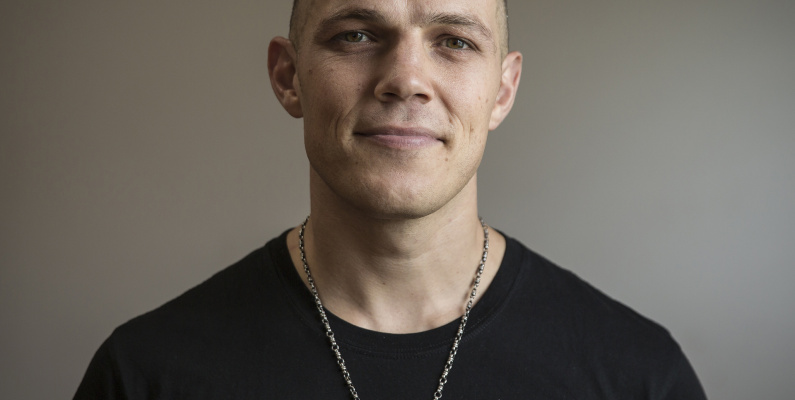
Where does all our heartbreak go? What happens to our cells when we lose an unborn child? Do we hold the lovers we lost deep in our central nervous system somewhere? Will we always walk with an emotional limp after the one we loved was unfaithful? How do we wash away the words we used to hurt someone and now regret, day in, day out?
This is the kind of shit I wonder about. Usually at 2:37 am. As I’ve written before, I’ve always been drawn to the melancholic. While I’ve rejected much of the script that was written for me as a child of a depressive, alcoholic, in other ways, I’ve played it out. It’s shown up in a penchant for the dramatic, for wanting to rescue people, at times fluctuating between uplifting and positive to introspective and pensive.
I’ve come to learn after a divorce that happened some years back, that the dysfunction in our childhoods can often play out in our adult relationships in a multitude of ways. This doesn’t excuse our mistakes and missteps but it’s important to understand because it helps to explain them. And when we know the ‘why’ behind something, we can start to make better choices.
The end of my marriage some years ago led me down a long difficult road of depression and anxiety. All the sad songs I’d always sung along to had finally come true. At the same time, my divorce became the catalyst for the ongoing work of self-discovery. It led me to understand my whakapapa and to learn how my ancestors’ demons have landed with me. Losing something or someone you love, perhaps something that made you feel whole for the first time, well, once you learn to sit with the emptiness, it can force you to do the healing so those issues no longer show up in your own life.
With all this in mind, I was walking through Los Angeles in 2016, when I first discovered the Museum of Broken Relationships. An exhibition made of the mementos of loss. A burial ground for grief. For those unaware, the exhibition travels the world, from city to city. At each new location, a public appeal is put out, asking people simply, “Have you ever had a broken heart?” And those so inclined contribute an object that symbolizes that heartbreak to the exhibition and they are subsequently displayed, accompanied by the story behind it.
For me the Museum of Broken Relationships is a sacred space where people cast the objects of their grief into the public eye, healing themselves, and maybe, in the sharing of their loss, helping with the healing of others. When we see our grief and sorrow, our anger and our shame in the lives of others, I find it comforts us. Seeing others’ stories of heartbreak can let us to know our confusion and despair is universal, that our emotions are valid, that our emptiness is understandable. We are not alone. And when we know we are not alone, and we can see others have suffered and come through loss and still persevere, we have hope.
The Museum of Broken Relationships is now running at The Museum of Otago, and stays open there until March the 15th. I’ll be speaking there about the interconnected nature of our personal histories, our mental health, love and relationships. Come hang, 5.30pm, Thursday 20 February at the Hutton Theatre. Tickets are $5, proceeds to be donated to Moana House. Moana House is a well-established residential therapeutic community for adult male offenders who want to change their lives. They wish to provide a supportive family environment and a safe place to change.
